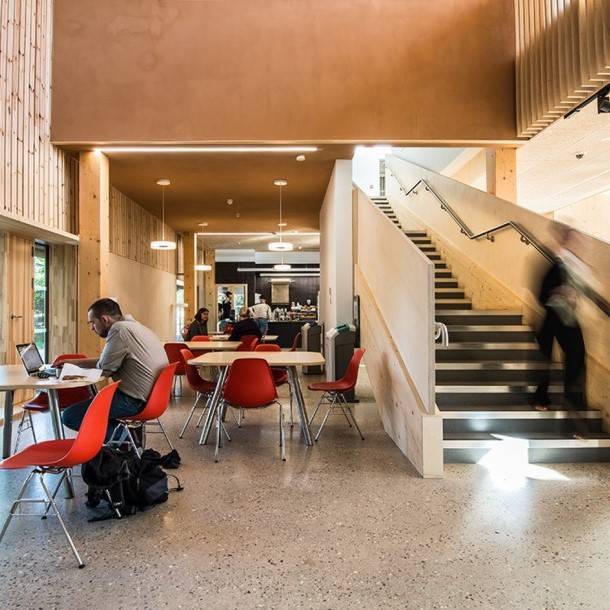October 7, 2016
The American workplace is more skilled, but workers are concerned they are becoming irrelevant 0
 The ‘Tectonic changes’ that are reshaping the US workplace and the response to them are the subject of a major new research project from the Pew Center in association with the Markle Foundation. The study of over 5,000 US workers carried out over the Summer found that the nature of jobs is undergoing a fundamental shift with greater emphasis on knowledge as well as analytical, interpersonal and communication skills. In response, workers are retraining and reassessing their abilities to adapt to the demands of employers. Despite this, a growing number are worried that they are becoming irrelevant and have diminishing faith in the ability of politicians, the education system and their employers to address their concerns.
The ‘Tectonic changes’ that are reshaping the US workplace and the response to them are the subject of a major new research project from the Pew Center in association with the Markle Foundation. The study of over 5,000 US workers carried out over the Summer found that the nature of jobs is undergoing a fundamental shift with greater emphasis on knowledge as well as analytical, interpersonal and communication skills. In response, workers are retraining and reassessing their abilities to adapt to the demands of employers. Despite this, a growing number are worried that they are becoming irrelevant and have diminishing faith in the ability of politicians, the education system and their employers to address their concerns.




































